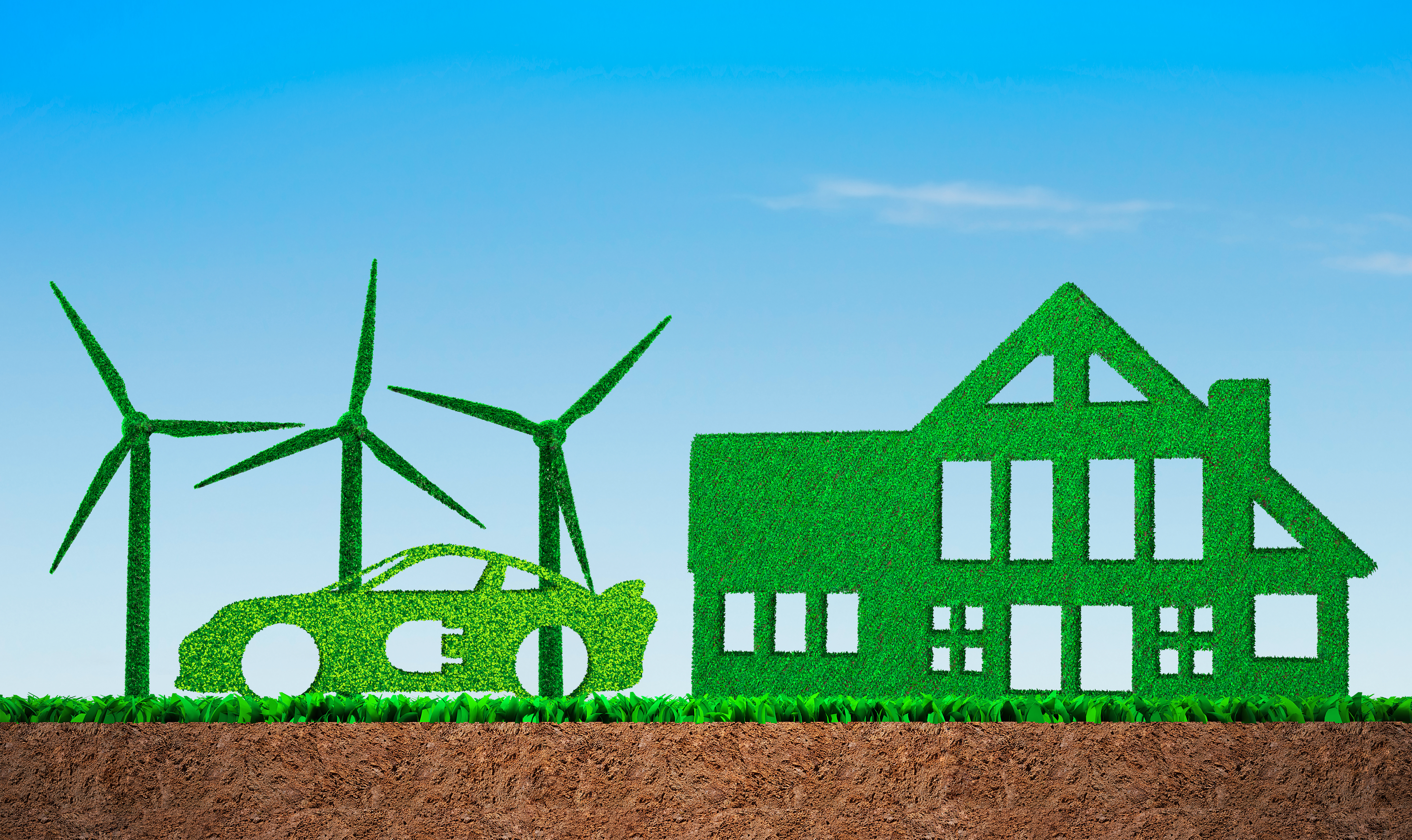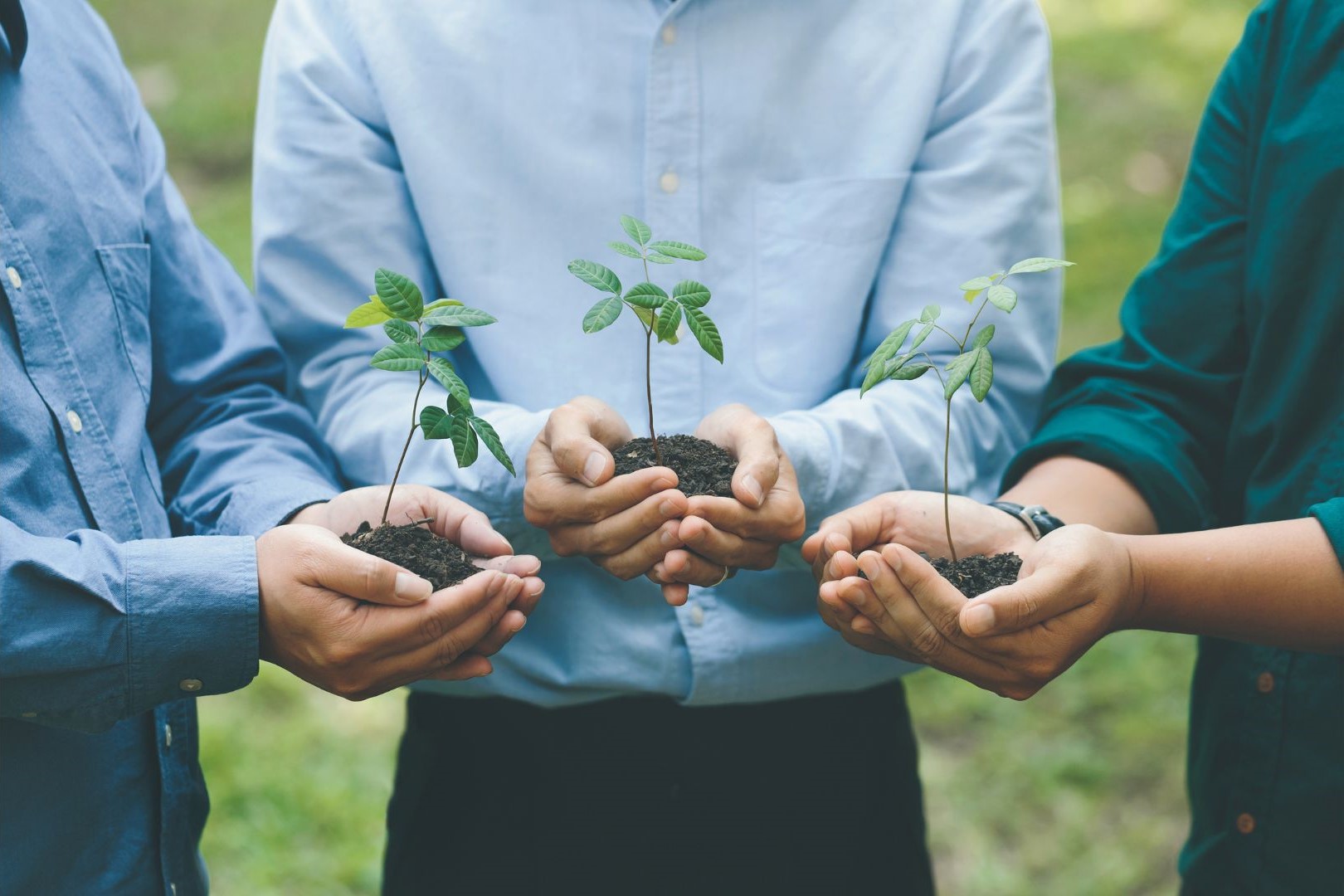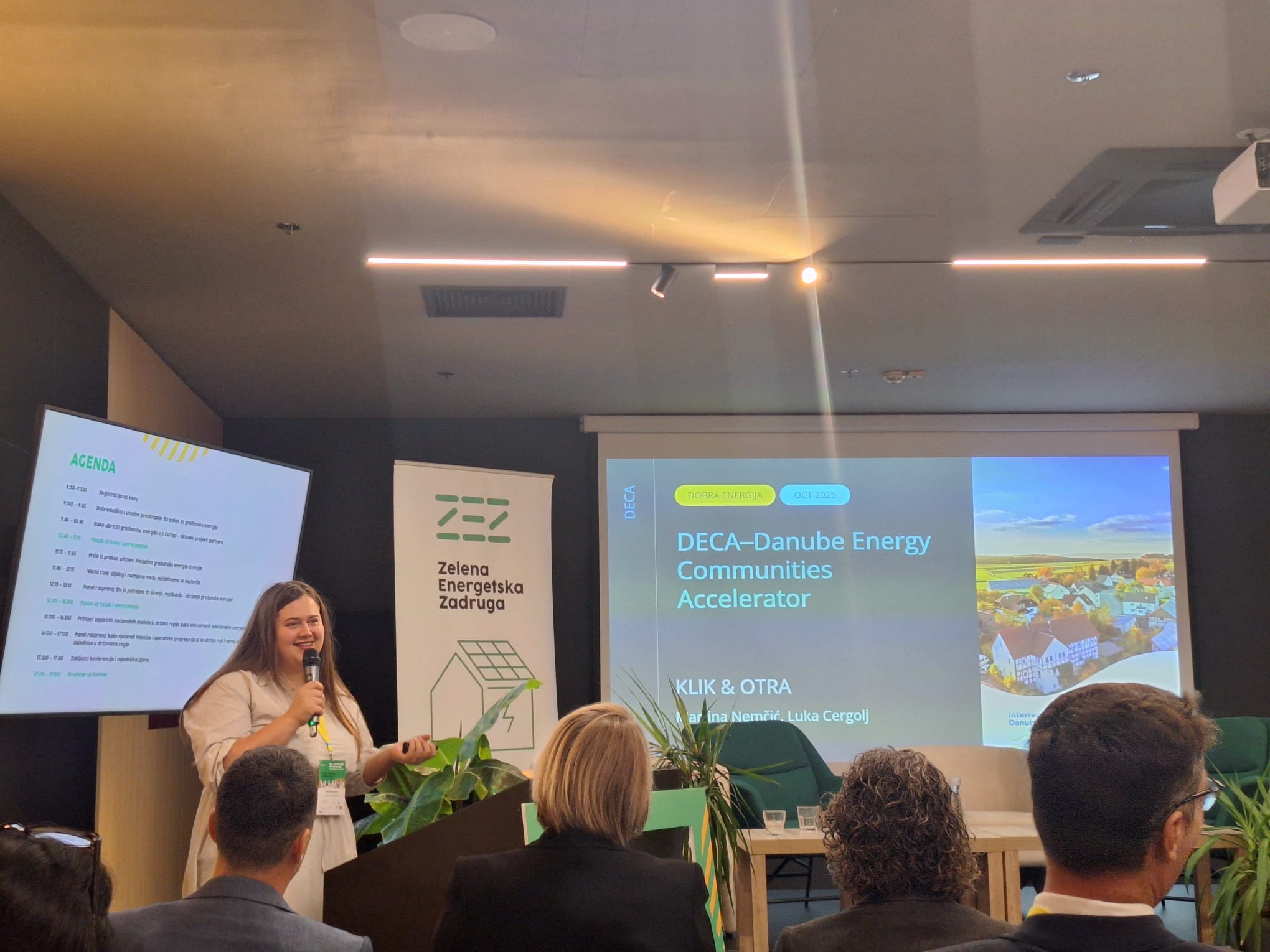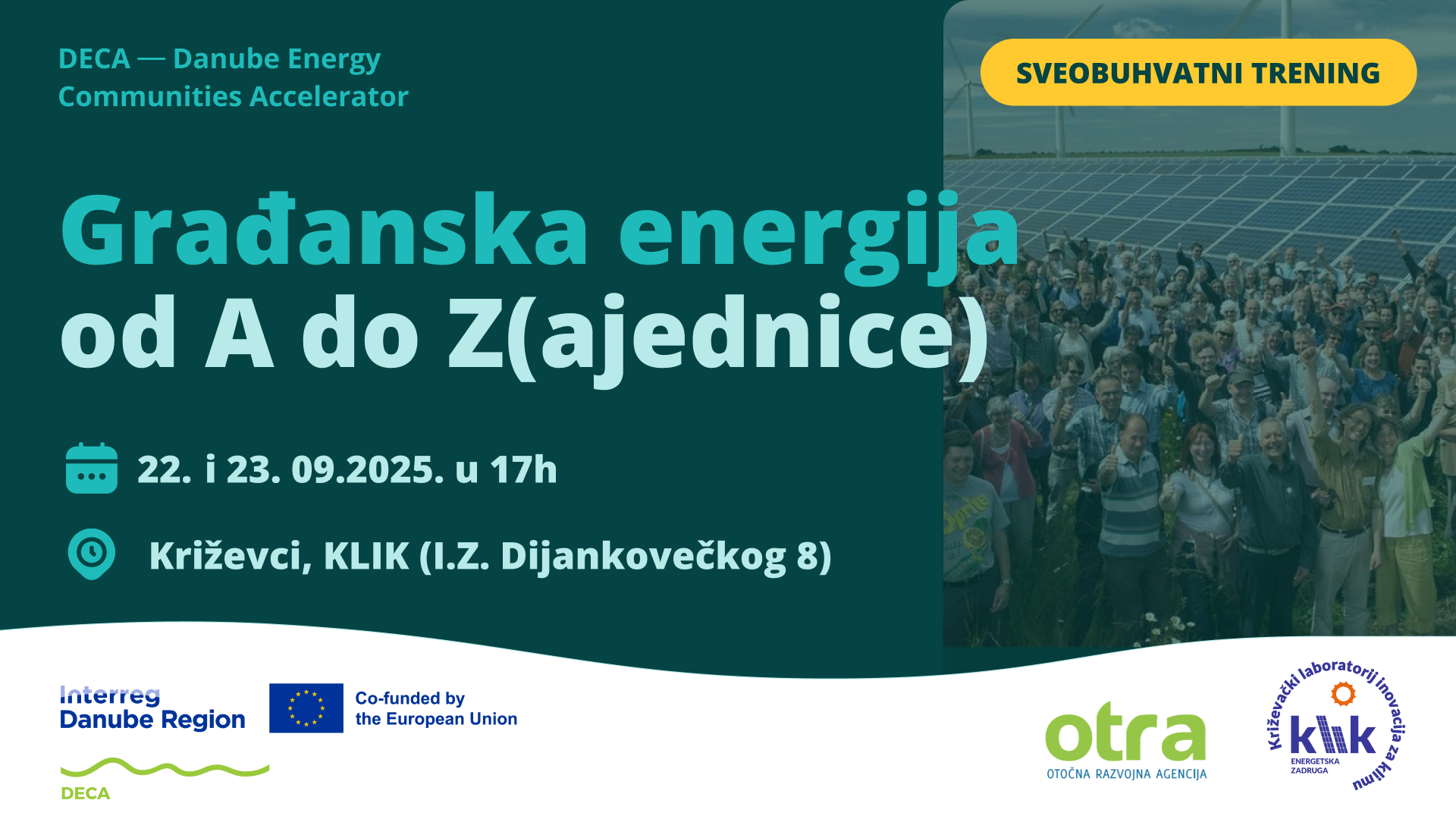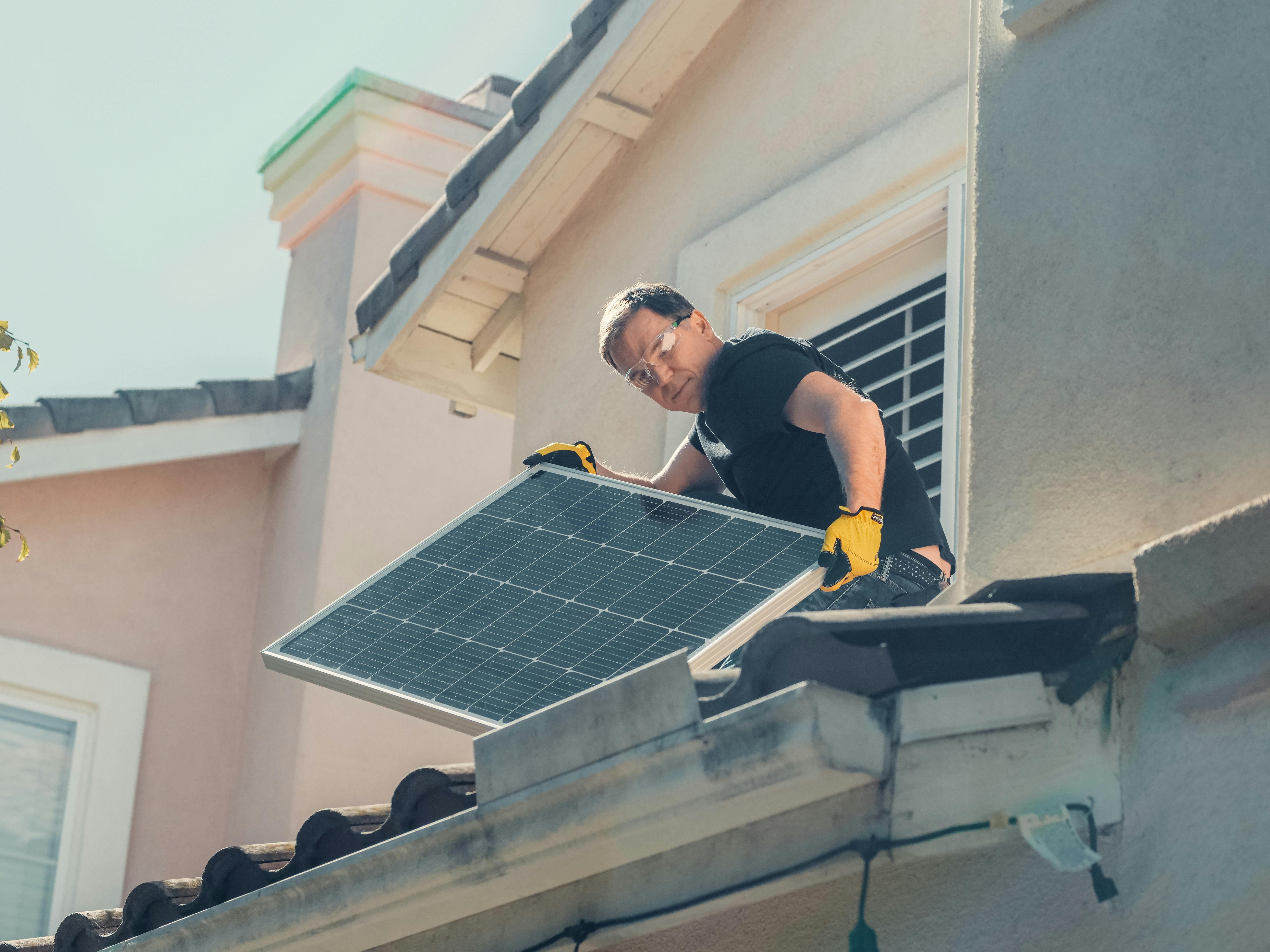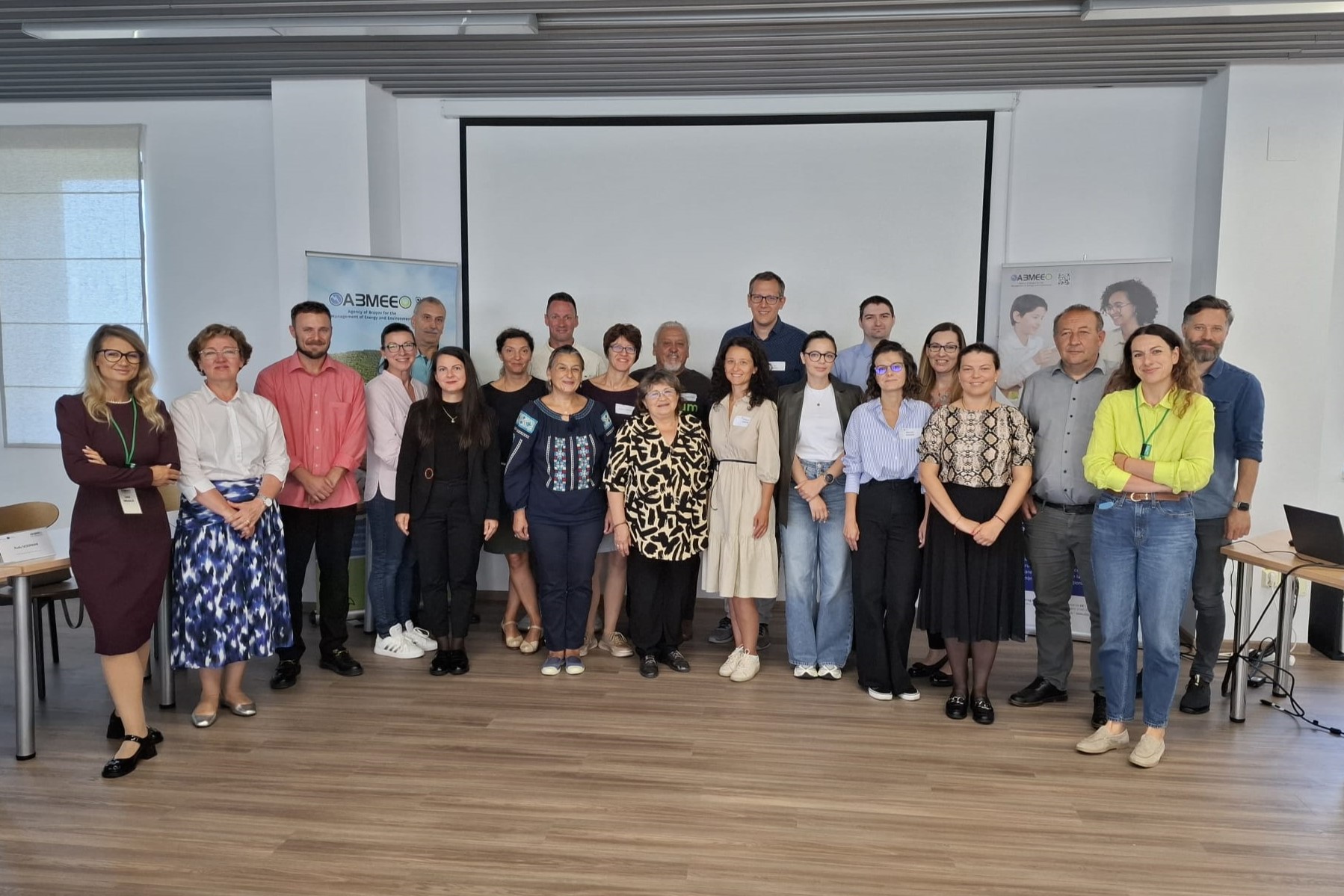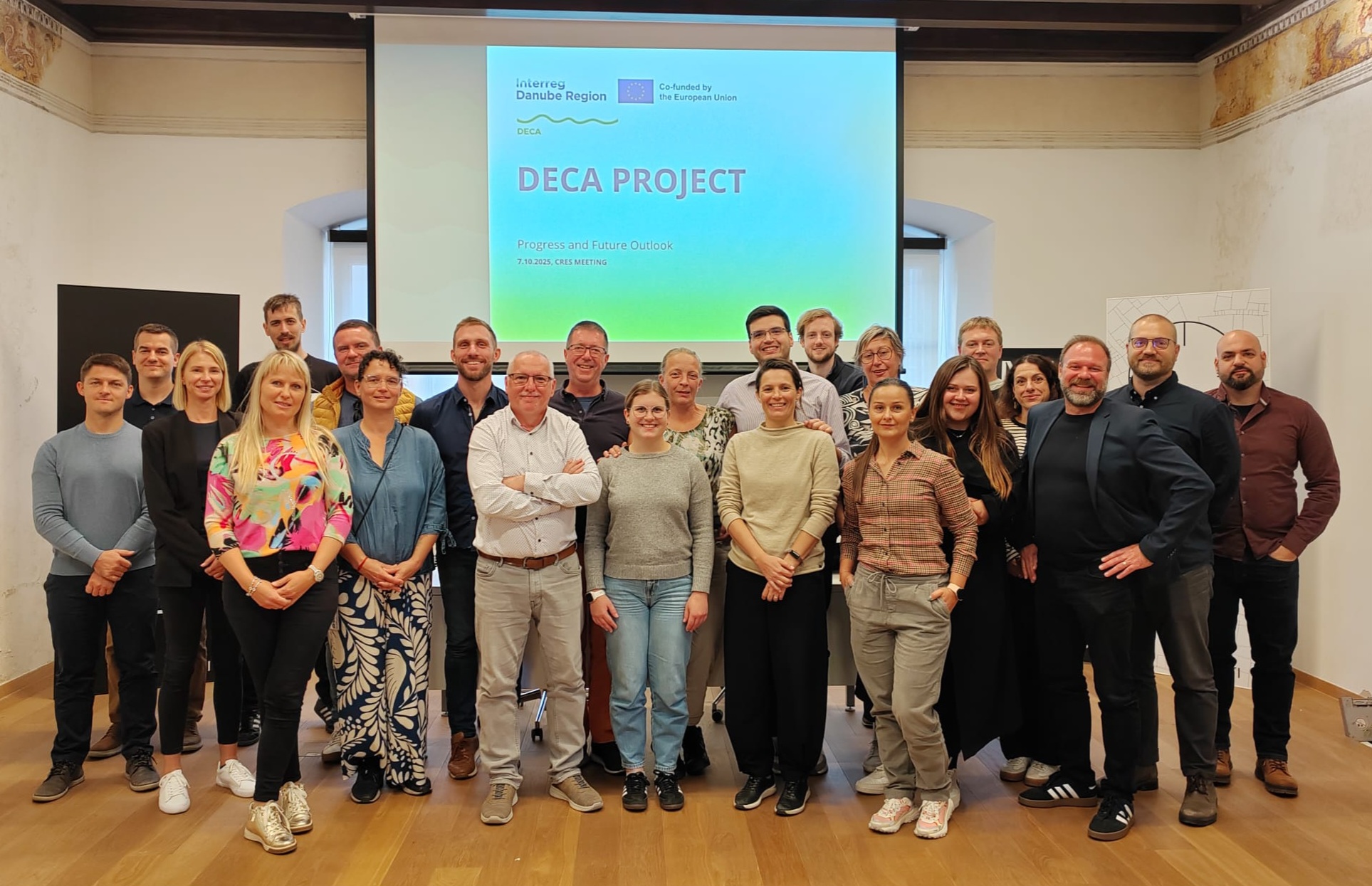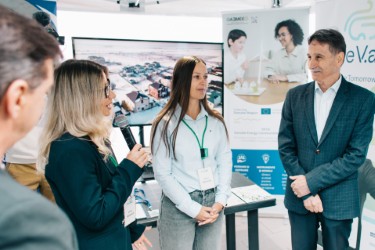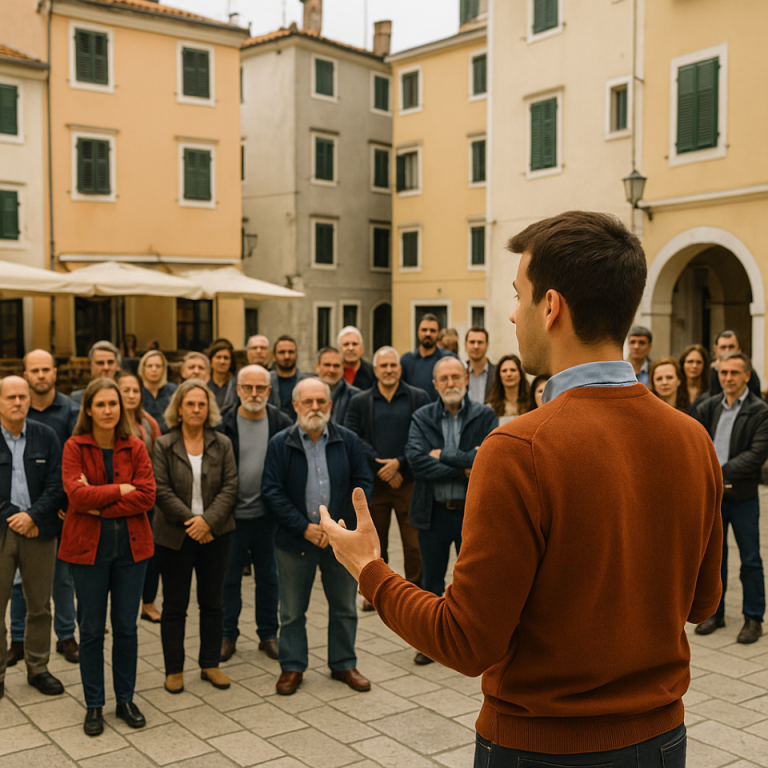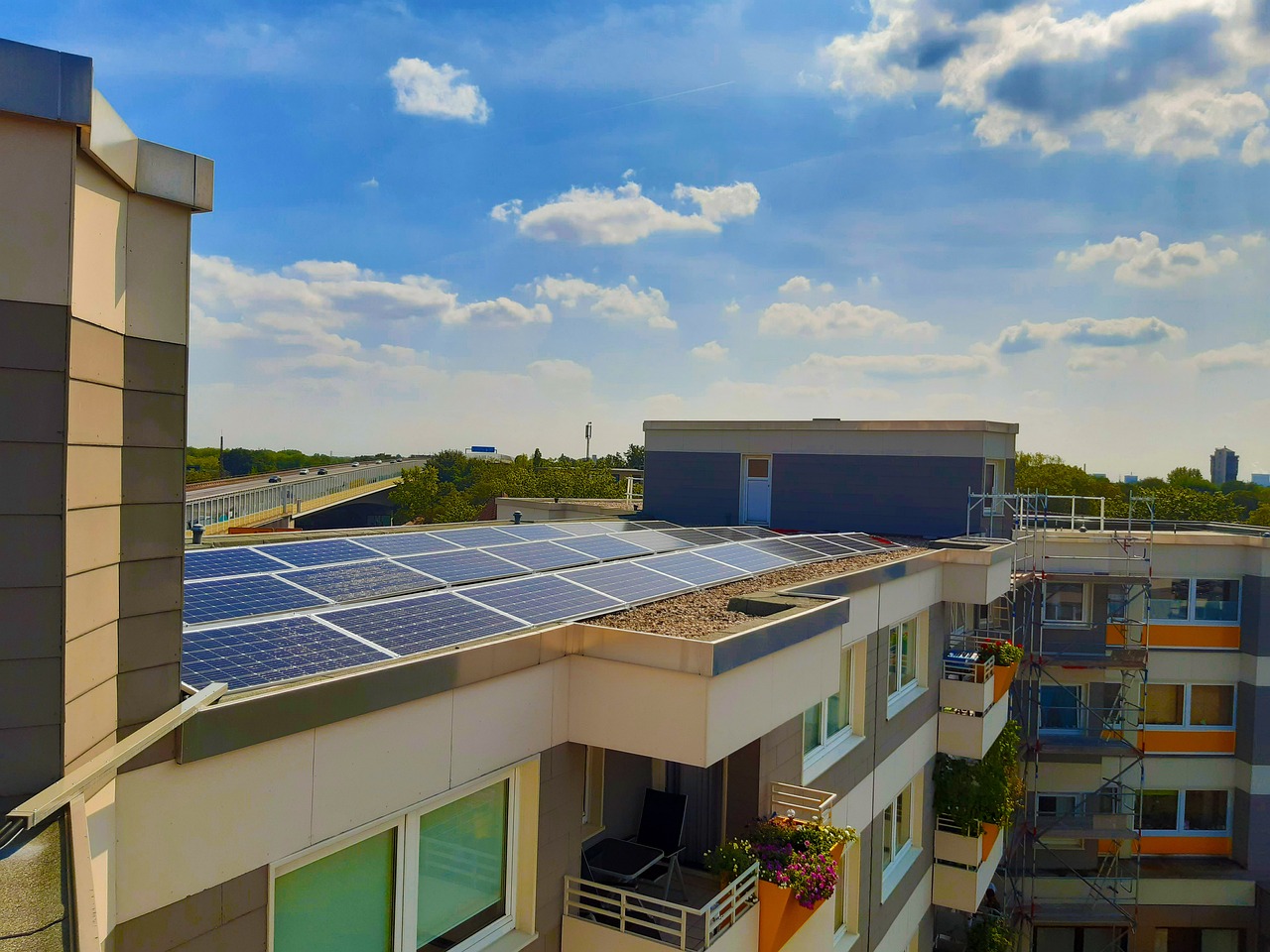
Empowering Communities for a Sustainable Energy Future: Insights from the DECA Project
Empowering Communities for a Sustainable Energy Future: Insights from the DECA Project
While energy and climate challenges force us to rethink the future, the transition to renewable energy emerges not just as a necessity but as a powerful opportunity for positive change. DECA (Danube Energy Communities Accelerator) is leading this transformation in Romania, where the Agency of Brașov for the Management of Energy and Environment (ABMEE) is playing an active role in turning renewable energy from a concept into a practical, accessible solution for every citizen.
In May 2025, ABMEE launched a call for participants to join its Training Program for Energy Communities, a core component of the DECA project. The program brought together 21 individuals from diverse backgrounds including local authorities, technical experts, community project initiators, or civil society members, united by a common goal: to learn, collaborate and create real-life models for Energy Communities across Romania.
Guided by PhD Corina Murafa, an expert in energy policy and sustainability, alongside Lect. Eng. Alexandru Mureșan, a specialist in smart energy solutions, the program offers a balanced mix of theory and practice. Participants explore the legislative frameworks, technological innovations and social dynamics shaping the energy transition today.
Looking ahead, five teams are developing varied Community Energy models tailored for both urban and rural settings. These models are designed for flexible application whether in neighborhoods, homeowners’ associations, or larger communities, fostering public-private partnerships that bridge urban and rural areas.
At the heart of these models lies active citizen involvement, boosting energy independence, minimizing environmental impact and embracing innovative technologies. The initiative invites a broad spectrum of stakeholders to participate: not just individuals, but public institutions and local authorities, acting as consumers and prosumers alike. Energy generated can cover local consumption needs, with any surplus either redistributed within the community or fed back into the grid. Beyond production, these Energy Communities serve an educational purpose, raising awareness about energy efficiency and promoting the use of renewables.
The models under development aim to be replicable and scalable, providing inspiring blueprints for a sustainable and inclusive energy transition that responds to the real needs of communities.
To support the participants throughout this journey, the DECA project team maintains close contact, organizing regular meetings and facilitating connections with key national actors involved in Energy Communities. The first online meeting, held on June, 2025, focused on defining internal working teams and outlining work plans. It also served as a valuable platform for sharing insights, experiences and addressing major challenges, such as effectively communicating the benefits of Energy Communities to potential members and supporters. The second meeting took place on July, 2025, offering participants the opportunity to engage directly with one of the specialists who has been guiding them throughout the process. It was a valuable opportunity for clarifying doubts and deepening their understanding of key aspects such as legislative issues. The next meeting is scheduled for August, when a representative from the Ministry of Energy will join a flash Q&A online session to provide clarifications on any remaining uncertainties.
Following this, ABMEE also provided participants with a wealth of supporting materials and resources to aid the development phase. These regular meetings will culminate in two in-person, practical hands-on workshops in Brașov on 13-14 of September. There, the teams will present their Energy Community models to a jury, showcasing the innovative solutions born from this collaborative effort.
The main goal of this training program is to ensure that participating teams are fully equipped with a clear plan, diverse models of Energy Communities, appropriate documentation for securing funding and hands-on experience in coordinating and sustaining such community-driven initiatives.
By empowering citizens and fostering collaboration, these Energy Communities are lighting the path to a greener, smarter future.
News & Events
Read the most recent updates and explore the upcoming events.

